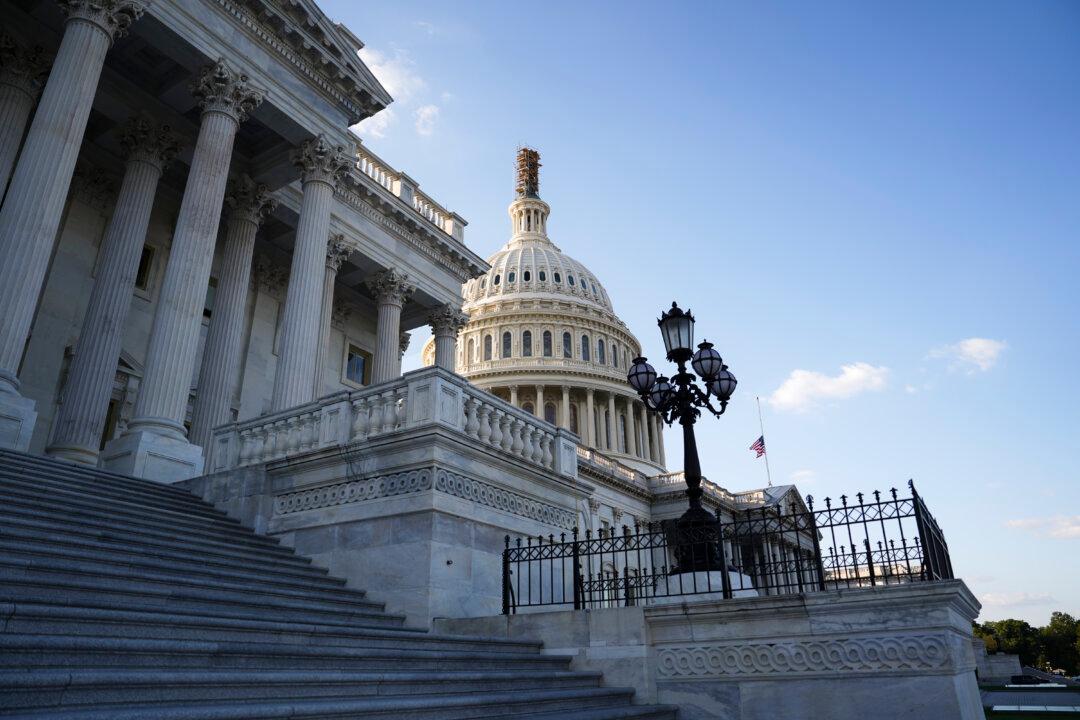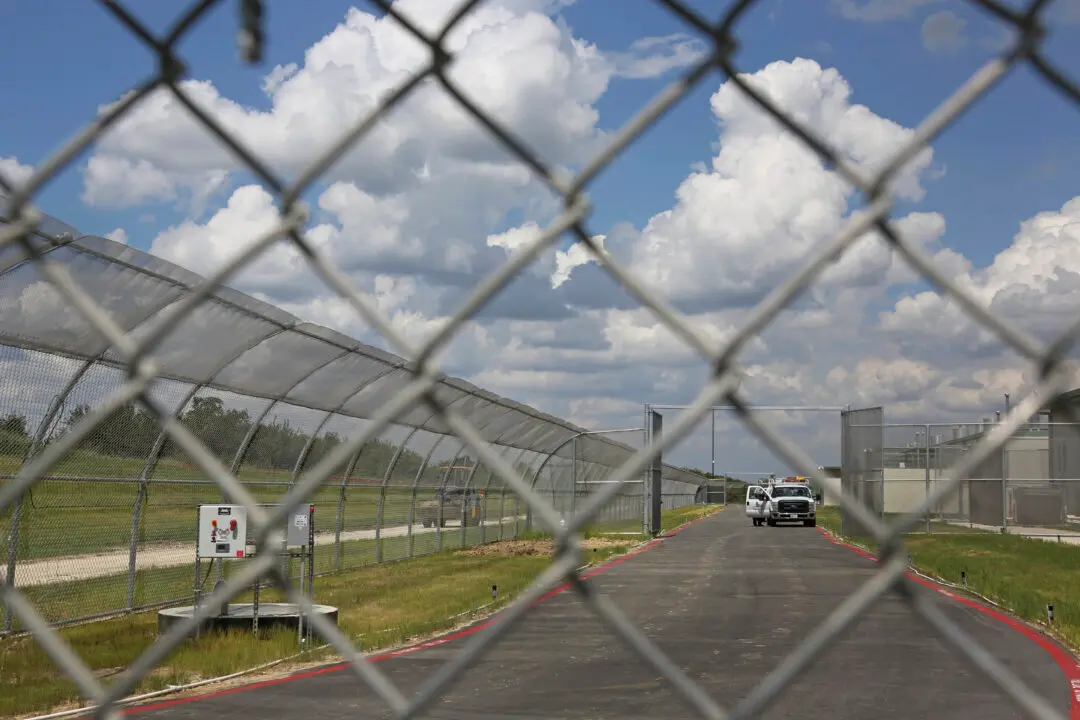The House passed a procedural vote on Jan. 11, one day after hardline GOP conservatives blocked such a vote in protest against GOP leadership amid the government spending deal made between House Speaker Mike Johnson (R-La.) and Senate Majority Leader Chuck Schumer (D-N.Y.).
The tally was 211–202 with one voting “present.”





